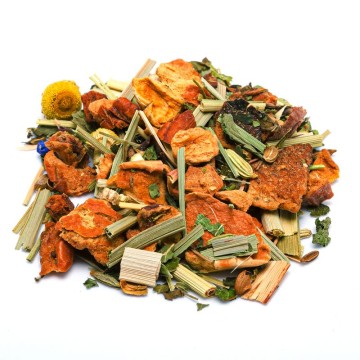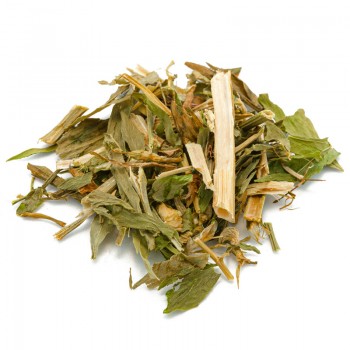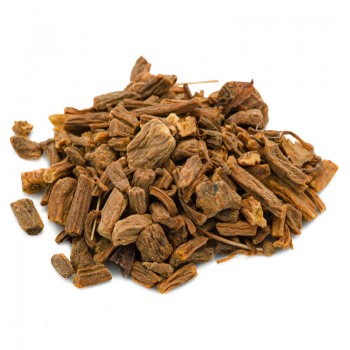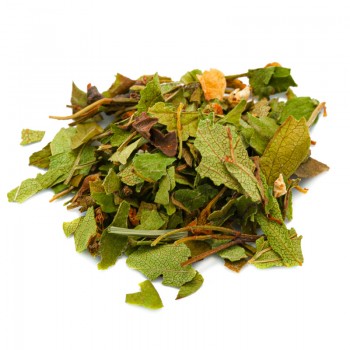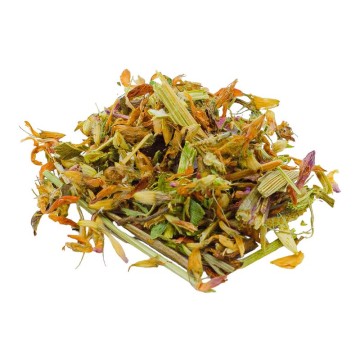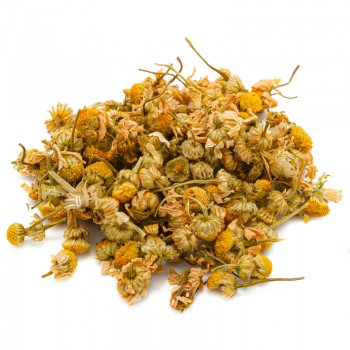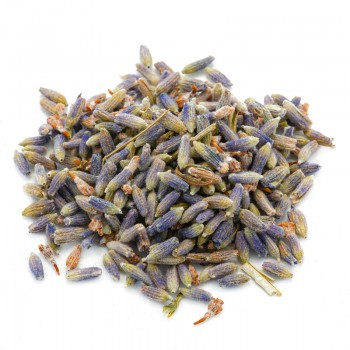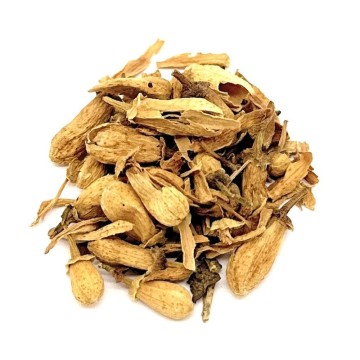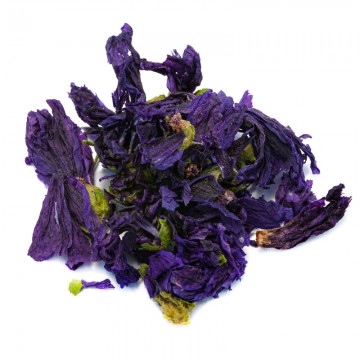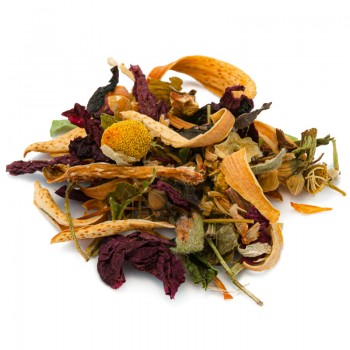Mallow is a plant known to human beings for centuries, for its excellent contribution of nourishing and healthy substances, which made the infusion emollient, bechico and soothing for coughs . Furthermore, in the herbalist tradition, infused mallow leaves were considered above all as a laxative. In addition to these qualities, it is being studied as an anti-inflammatory plant, i.e. natural anti-inflammatory, and is one of the most sought-after herbs ever for phytotherapy.
Mallow: properties and benefits
The leaves and flower buds of Malva sylvestris contain various beneficial substances such as mucilage, tannins, flavonoids and vitamin C. We know that it is also rich in potassium and calcium oxalate, and these properties are used in the form of an infusion or decoction of mallow leaves. It is a plant traditionally used as a herbal remedy for cough, phlegm, hoarseness, and calming in the states of bronchitis, throat infections and asthma symptoms.
Mallow helps in respiratory problems as it has mucilage (mucous substances), which can help the mucosa of the upper respiratory tract, covering the inflamed tissue with a protective layer. An infusion with mallow leaves, therefore, is an excellent relief for cough and throat. Another therapeutic purpose is to treat constipation, as a laxative, and within the entire digestive system, it soothes irritations. Its anti-inflammatory power is used, in fact, to treat wounds or inflammations of the mucous membrane of the mouth, throat, stomach and intestines. It is considered soothing in gastritis states.
Some substances contained in mallow leaves, in fact, counteract the proliferation of Helicobacter pylori in the stomach - a bacterial strain that can cause inflammation of the gastric mucosa, peptic ulcers and gastric problems. In addition, it was a plant known to promote the well-being of the kidneys. In fact, mallow is a herb that in traditional medicine favored the treatment of gallstones, stones and kidney inflammation.
The Mallow extract contains several compounds with anti-inflammatory and antioxidant properties, including phenolic derivatives, flavonoids, terpenoids, fatty acids and some essential fatty acids such as omega-3 and omega-6, beta carotene, vitamin C and vitamin E . These substances are useful in protecting the kidneys from some injuries, and can reduce other possible liver damage; a plant with protective functions, therefore, for the organism. In addition, the mallow herbal tea can have a calming action on the nervous system, as a natural sedative for relaxation and to promote sleep. Its antioxidant activity is due to flavonoids, while its anti-inflammatory activity is due to the compound malvidin 3-glucoside. The compound is very active in external topical use, in fact, thanks to its astringent and anti-inflammatory properties, the mallow lotion can be useful as a calming agent for wounds, boils, rashes, insect bites, eczema, acne and swelling. Historically, mallow was used for the well-being of the eyes and oral cavity, for toothache.
Origins and History of cultivation
The species is native to the eastern Mediterranean and North Africa, but is now naturalized in many parts of the world. The use of mallow as a medicinal plant, in fact, dates back to about 3,000 years ago. Due to the emollient properties of this plant, already the Romans and the ancient Greeks used it as a soothing and calming agent. As a natural remedy, mallow leaves and flowers were used. Traditionally, it was valued for treating various respiratory tract infections and diseases and for improving digestion. Mallow treated colds, coughs, tonsillitis, bronchitis, digestive problems, and oral irritations. Externally, it was used to soothe burns, eczema and cuts.
Plant and flowers
The Malva sylvestris L. plant is a perennial and biennial herb of the Malvaceae family. It is easily found spontaneously growing on bushes in Europe, North Africa and southwestern Asia. The botanical name Malva comes from the Greek word malakos, which means calming, softening. It is known as a common mallow in Europe, Iran, Pakistan and India. The plant generally grows in meadows and wet areas, near swamps, ditches, sea coasts, river banks. It is covered in small hairs, usually shows creeping stems, and can grow up to one meter in height. The leaves are dark green and the flowers are pink with darker purple veins, the famous c
mauve olor. The ring-shaped fruit divides into numerous small seeds.
Nutritional values of Mallow
Mallow leaves are rich in mucilage , potassium, calcium oxalate, vitamins and pectin. Among the vitamins, there are C (ascorbic acids) and E (tocopherols), in addition to beta-carotene. In addition, the plant can accumulate metals useful to our body such as zinc and copper. In particular, has several antioxidants plant flavonoids, organic acids (oxalic acid, malic acid, glutaric, salicylic acid, etc.). In the leaves it has been reported the presence of some lipids and linolenic acid useful for health - this availability of fatty acids such as omega-3 and omega-6, make mallow precious.
How to use Mallow leaves in herbal tea and decoction
The Mallow infusion is obtained by putting in a cup (250 ml), about 3-5 grams of leaves in herbal tea cut with water at 100 ° C. Leave to infuse for 5 to 8 minutes, before drinking the herbal tea.
Add honey or sugar, if desired. For a good decoction of mallow: blanch 50 g of mallow leaves in 1 liter of water for about 3 minutes.
After this period, let it rest for 15 minutes and then filter everything. you can consume 3 cups a day: morning, afternoon and evening on an empty stomach. The herbal tea is very effective when used as a prevention.
Mallow: side effects and contraindications
The mallow plant is not toxic but contraindications, side effects or interactions with other drugs may occur. It is important to respect the recommended doses, which in the case of activity as a laxative, can cause diarrhea. This action, in high doses, could limit the absorption of drugs in the intestine, decreasing their bio-availability. The intake of mallow is contraindicated in case of sensitivity to components such as malvina and malvidine. It is not recommended for pregnant or breastfeeding women.

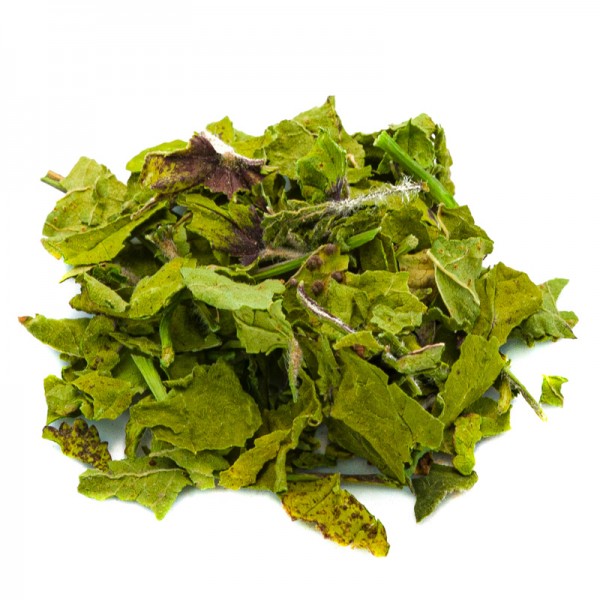









 No reward points for this product.
No reward points for this product.


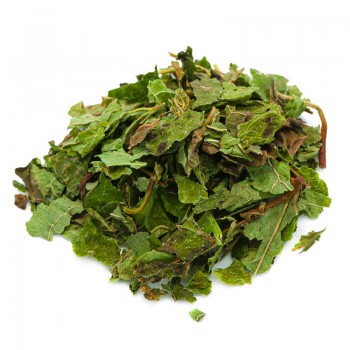
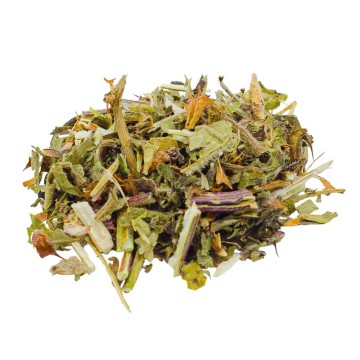
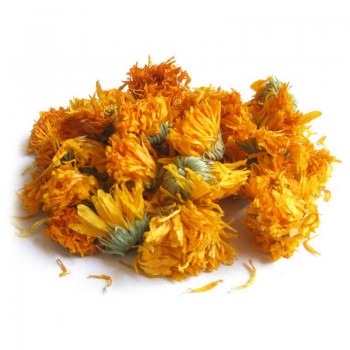
![infuso relax [Natura d'Oriente]](https://www.naturadoriente.com/3555-home_default/infused-relaxation.jpg)
